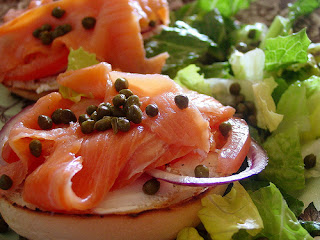My younger daughter is no shrinking violet. She feels strongly about things and lets people know it. This is my kid who, when she was in 2nd or 3rd grade, proudly wore a Yankees jacket onto a school bus in diehard Red Sox country, when the Yankees and Red Sox were in the playoffs together. She didn't even care that the kids on the bus were boo-ing her. It made her that much prouder to be a Yankees fan. I love this about her.
About once a week she comes home from school and tells me about some racial incident that happened at school, to her or someone else, that I should put in my Honorasian blog. Most of the incidents are so small that I consider them not to be blogworthy. Recently she asked me if she could write her own blog post, since I was so unwilling to do it. So, this week Honorasian, has it's first guest blogger. I did not edit it at all, so please forgive my 13 year old's grammar and spelling errors and her general contempt for 13 year old boys. So, without further ado, here it is:
"Hello. You people may know me as DD2 or something like that. Being an asian girl in middle school can be very frustrating sometimes. I’m here to tell you guys what racism is like through a 13 year-old girls eyes. Middle school boys are known to be extremely ignorant and unaware of the delicate feelings of girls. Sure, there’s a couple boys that are nice but sometimes I wonder what happened to gentlemen. I could go on and on about individual times where I wished I could explode in peoples faces for making fun of Asians RIGHT IN FRONT OF ME. But, I’m just gonna tell you what it’s like. Imagine sitting in class next to a couple of your fellow goody-to shoe friends just trying to listen to the teacher talk. The boys sitting behind you are joking around and not being quiet after the teacher has shushed them twice. The only thing you can hear is the boys talking about football and such (things that I gag at). But, suddenly, you hear them talking in an Asian accent, saying they like to eat rice and fish, making their eyes look slanted, and pretending to be a tiger parent. It’s times like this where I wish I blended in. I don’t resent my heritage but sometimes it’s hard to be different. I’m not saying that I feel like they were making fun of me, but they didn’t even think to LOOK RIGHT IN FRONT OF THEM and see that an Asian girl is sitting right there."
So there you have it.












